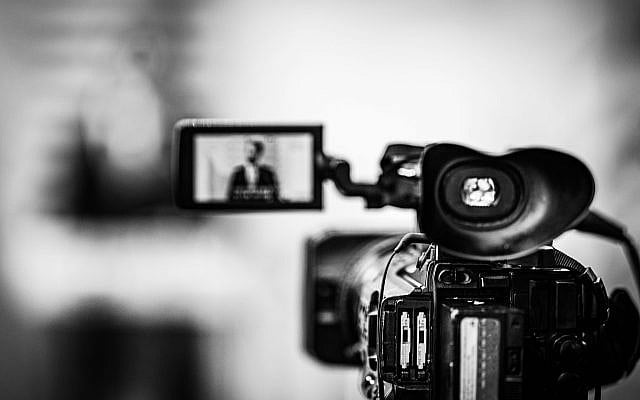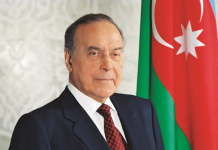My experiences of being falsely accused pale in comparison to stories that malign an entire country, but they gave me a taste of how devastating such errors can be
In today’s media, “hits” are the metric of success. The more clicks, the more powerful the piece. By that measure, the New York Times’ July 24, 2025, front-page photo of Mohammed al-Mutawaq – presented as a starving Gazan child under the headline “Young, Old, and Sick Starve to Death in Gaza: There Is Nothing” – was a triumph. It drew massive attention. Mohammed became the face of the false allegation that Israel is purposefully starving Palestinian children – sparking an avalanche of criticism against the Jewish State.
But five days later, the paper quietly issued a correction: Mohammed had “pre-existing health problems.” The correction received only a fraction of the clicks.
This cycle of false news is relentless. Just last weekend, the BBC ran a report headlined, “Gazan woman flown to Italy dies of malnutrition.” After an avalanche of criticism, it quietly amended the story to note that she had in fact died of cancer. Once again, reporters failed in their due diligence, and once again, the correction drew only a fraction of the attention given to the original libel. These disparities underscore a sobering truth.
The legal bar for proving libel is high, and rightly so. But news outlets should adopt a simple principle: corrections should appear with the same prominence as the original story – on the same page, in the same medium. Only then is there a real chance to right a wrong.
I have learned personally that serious damage from false reporting is rarely undone. I experienced this after the first World Trade Center bombing on February 26, 1993. I led a small group to protest outside the Al-Salaam Mosque in Jersey City, where Sheikh Omar Abdel-Rahman, the “Blind Sheikh” and spiritual leader of the terrorists, had preached. Standing before the media, I said, “I am not here demanding this mosque be closed. I respect all religions and their houses of worship. I am here to protest its leadership for allowing a religious leader who preaches hate and jihad to speak.”
The next day, The Times quoted me as saying I was demanding the mosque be closed. The misquote ignited a firestorm, including an op-ed by a prominent columnist in the Jewish Forward comparing me to Aysha Salameh, mother of Mohammed Salameh, the first person indicted in the 1993 bombing of the World Trade Center. The columnist argued that as Aysha Salameh blamed all Jews for the World Trade Center attack, I blamed all Muslims. That charge cut deeply. I had always distinguished between extremists and the broader Muslim community, reaching out to Muslim leaders with respect and love.
Three weeks later, buried on page two, came the correction: “An article on March 8th… omitted a word in quoting Rabbi Avi Weiss…at a demonstration outside the Al-Salaam Mosque in Jersey City. He said, ‘I am not here to condemn this place and this mosque.’” The single word not was italicized. As David Bar-Ilan, then the editor of the Jerusalem Post, in his Eye on the Media column wryly observed, “What’s one word between friends?”
It wasn’t my only encounter with this pattern. During the Crown Heights riots in the early ’90s, the Times falsely reported that I had accused Mayor David Dinkins of murder. A few years later, during a protest against the Auschwitz convent, they claimed I had physically fought local Poles. In both cases, retractions came – buried, belated, and largely unseen.
These personal episodes pale, absolutely pale in comparison to false reporting that maligns an entire country. But they gave me a taste of how devastating – and enduring – such errors can be.
The Talmud cautions, “Wise ones, be careful with your words.” Today’s reporters – and editors – would do well to take that to heart before putting pen to paper or voice to broadcast. The truth deserves not only to be told, but to be corrected with equal force when it is wronged.
BY: Avi Weiss








